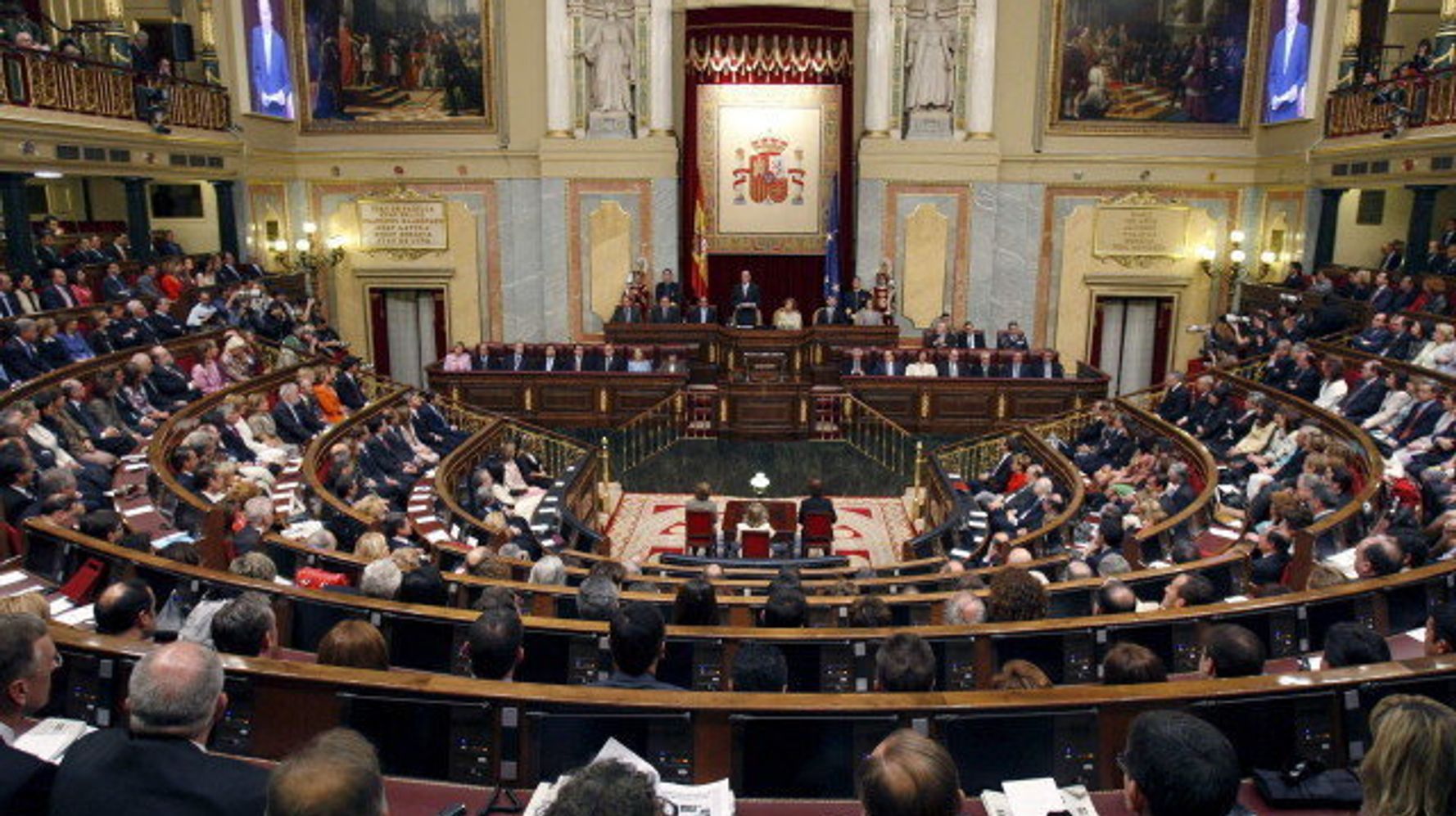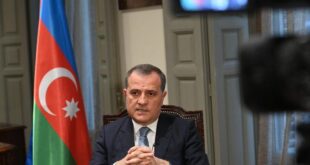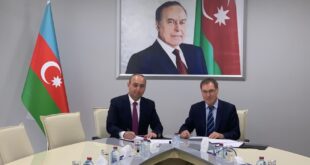
Spanish parliamentarians have shown their total unprofessionalism by passing through an anti-Azerbaijani resolution expressing its attitude to the protest by representatives of Azerbaijani environmental organizations on the route of the Lachin road, Parvin Mirzazade, Ambassador-at-Large of the Azerbaijani Foreign Ministry, said in his latest article, Trend reports.
“On 22 December 2022, Spain’s lower house of parliament passed another anti-Azerbaijani resolution expressing its attitude to the protest by representatives of Azerbaijani environmental organizations on the route of the Lachin road, near the city of Shusha. It is pleasant that the heirs of Christopher Columbus and Miguel Cervantes, forgetting about the problems of their native Spain, which is now experiencing a deep economic and political crisis, have decided to tackle the problems of the South Caucasus region, so distant from them,” he said.
According to Mirzazade, the authors of this fake resolution had manipulated with facts of what is happening in the Lachin road, and the hapless Spanish MPs did not even think to ask knowledgeable people about the essence and causes of the events.
On the initiative of representatives of the separatist Catalan and Basque parties, who are always trying to break up the Spanish Kingdom, the deputies voted for a resolution that says: “We are watching with concern the events surrounding the Lachin road; ⁃ call on Azerbaijan to ensure uninterrupted traffic along the corridor, according to the trilateral statement of 9 November 2020; ⁃ call on international structures to prevent a humanitarian catastrophe in the region”.
“The fact that representatives of separatist parties in Spain have long been firmly linked to the Armenian lobby is probably known to all. However, it is clearly a know-how that Spanish MPs not only decimate their own country, but also try to seize a part of territory from another sovereign state of Azerbaijan with Armenian money. Not being fully informed about what is happening in the region, and relying only on one-sided tendentious information provided by the Armenian lobby, the Spanish parliamentarians draw false conclusions, which speaks of their total unprofessionalism,” he said.
As he rightly pointed out, without understanding the situation and openly taking the side of the Armenian side, the Spanish MPs did not even dare to request information from Brussels, which is mediating the peace process. Apparently, the Spanish MPs do not understand that the Lachin road is Azerbaijani sovereign territory, and that there is no blockade at all. Judging by the video footage of shops in Khankendi filled with food products, this is just a cheap show put on by Armenian politicians in the hope of appeasing compassionate Europeans.
Spain has recently experienced a number of acute moments of rising separatist sentiment in Catalonia and the Basque Country, which has brought the country almost to the brink of civil war. The Basque terrorist organization ETA launched an all-out war against the Spanish state, which was marked by a series of high-profile major terrorist attacks targeting members of the armed forces, police and civilians. In Catalonia, the Catalan separatists, who came to power through local elections, practically began the process of secession from Spain and even passed a resolution on independence, requesting recognition from the European Parliament and other countries, Mirzazade explained.
With difficulty, Madrid managed to suppress these separatist protests, using force and legal measures in some cases. The rise of separatism in Catalonia and the Basque Country has led to similar sentiments in some other autonomous provinces of Spain: Galicia, the Canary Islands, etc. The memory of the bloody civil war of 1936-1939, which brought the country to the brink of collapse, is still fresh in Spain, as some Catalan and Basque Republicans advocated the independence of Catalonia and the Basque Country from Madrid and established a virtually independent government in the territories under their control, he noted.
Incidentally, one of the reasons for the republicans’ defeat was separatism, which led to the loss of support from broad masses of people who did not want the country to collapse and return to the Middle Ages, when there were several states at enmity with each other in what is now Spain. The nationalists, led by General Franco, took advantage of this and defeated the Republicans, despite the support of the USSR and other left-wing forces, he added.
“So, the subject of separatism in Spain has always been a matter of life and death for the Spanish state. The current government of Socialist P. Sánchez, which came to power in 2018 as a result of the general elections, does not enjoy wide popular support and is forced to flirt from time to time with separatists, who are also mainly representatives of left-wing parties with whom they have similar positions on many issues. Naturally, the Socialists have to pay for their support, but P. Sanchez cannot make concessions to the independence of these provinces from Spain, understanding that this will lead to irreparable consequences. That is why the current Madrid authorities are ready to indulge the separatists in matters that are not related to Spanish political issues and concern other countries where they have room for manoeuvre, without thinking about consequences for bilateral relations. Of course, in the name of staying in power, it is possible to bargain with separatists like in a bazaar, but not at the expense of the territorial integrity of other states, creating dangerous precedents that, sooner or later, will hit the unity of Spain itself. In fact, both anti-Separatist resolutions of the Spanish parliament can be qualified as a shot in the foot, which will soon be used by local separatists of all stripes to disintegrate the Spanish kingdom,” Mirzazade said.
During the voting in the Spanish parliament the resolution was also supported by representatives of right-wing Spanish parties for whom separatism is enemy number one. This can be explained by the fact that they are willing to do everything possible to “help” the Socialist government to go wrong, wring their necks and lose power, he added.
“If the Spanish parliamentarians are so concerned about the situation in the South Caucasus, they had better advise their newly emerged Armenian brothers to hurry up and give up their illusions and accept the peaceful proposals of President Ilham Aliyev, based on the principles of international law, territorial integrity and the inviolability of states, and not to play into the hands of the Armenian side, which continues its antics, just to avoid it. Sooner or later Spanish voters, who care more about the interests and principles of a united Spain than the Armenian MPs paid by the Armenian diaspora who voted for this resolution, will make their choice and assess their performance in the forthcoming elections, which are not far off,” he concluded.
 Oval Useful news from Azerbaijan and Caucasus
Oval Useful news from Azerbaijan and Caucasus


